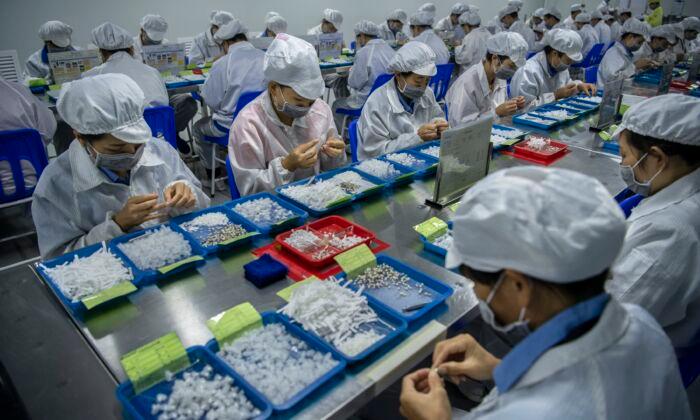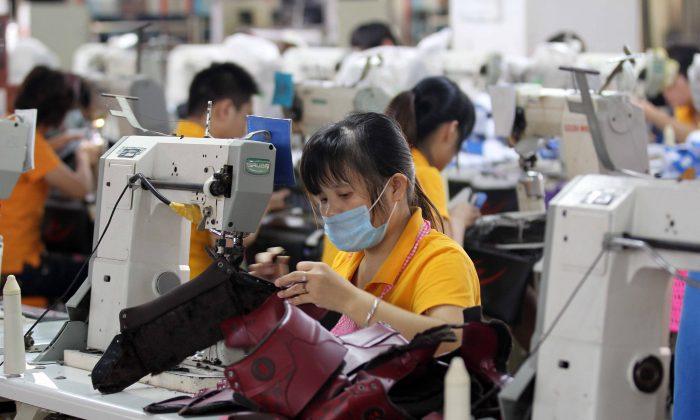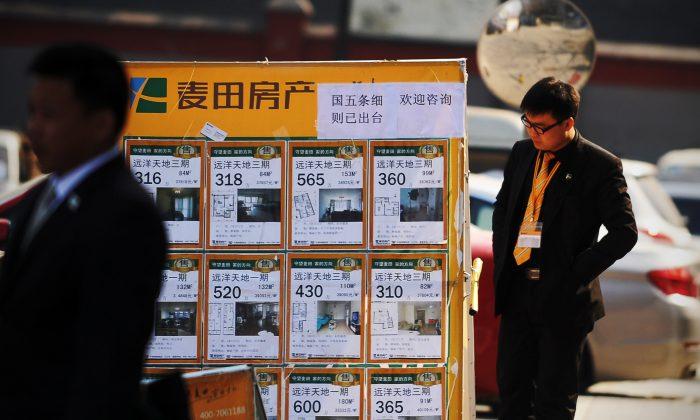China’s state-run media have reported that the state deficit is estimated to increase by 400 billion yuan this year, a 50 percent increase from 0.8 trillion yuan in 2012 to 1.2 trillion yuan in 2013.
This will also cause China’s deficit to GDP ratio to jump from 1.5 percent in 2012 to around 2.2 percent in 2013.
People’s Daily, which announced the estimates, also said the 1.2 trillion figure exceeded the commonly anticipated 1.0 trillion deficit; some other economic agencies have predicted the 2013 deficit to be even higher, reaching 1.3 trillion and above.
The rise in government deficit indicates that government revenue is struggling to keep up with spending.
The revenue slowdown was mostly due to slowdown in Chinese economic growth in 2012; attempts by local governments to collect tax revenues—often by dubious means—did not sufficiently increase revenue to offset the shortfalls.
According to an article on the Ministry of Finance website, the Chinese vice Minister of Finance, Li Yong, reported that for the first 11 months of 2012, revenue was 10.9 trillion yuan, an increase of 11.9 percent compared to the 9.74 trillion in 2011.
However, government spending increased by 17.9 percent from 10.5 trillion in 2011 to 12.8 trillion in 2012, indicating deficit has increased much higher than revenue by 50 percent.
The regime is still planning to increase its government expenses by a large percentage, even as the deficit-revenue gap increases. Other goals of the regime are to maintain an undervalued currency and contain inflation, according to Wu Fan, an analyst of China who currently resides in the United States, and edits the current affairs website China Affairs.
The Party’s priority is to ensure it’s able to keep paying for “stability maintenance”, military expenses, Party and government spendings, and official salaries and benefits, according to Wu Fan. Next in line is to provide cheap loans to state-owned enterprises, and keep up infrastructure spending.
Bu Wu said the Chinese communist regime is facing a crisis, because it has not addressed the major economic issues required to maintain growth, which require political reform—something the Party has shown no appetite for.
Read the original Chinese article.
The Epoch Times publishes in 35 countries and in 20 languages. Subscribe to our e-newsletter.



